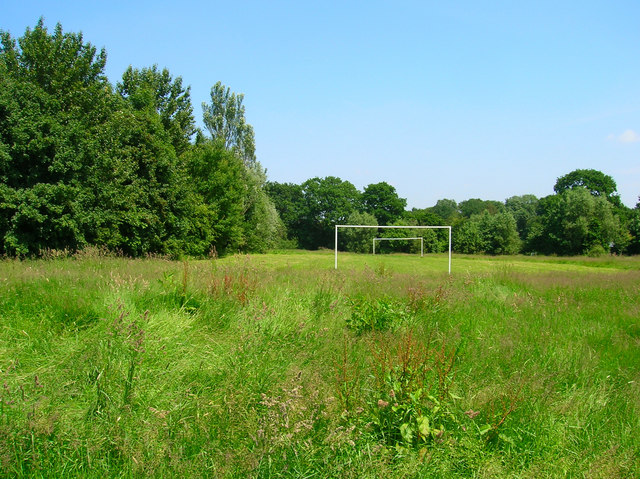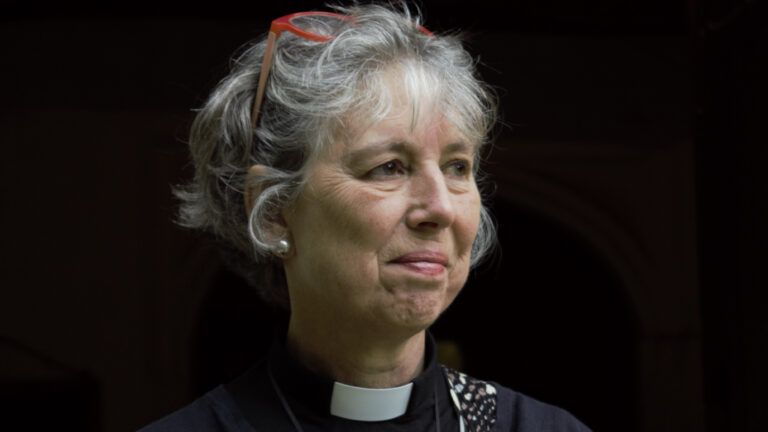During a climate workshop, players from Arsenal’s youth development system came up with a plan to make the Premier League more sustainable.
“They said we should get [former Tottenham captain] Harry Kane to pick up and recycle all the rubbish after a game,” says Fred Sturgis, who ran the workshop. An Arsenal fan himself, he admits to liking the idea.
Sturgis is an education officer at Football for Future (FFF), an organisation working to make the football industry more climate-friendly. FFF regularly runs workshops to educate youth players about climate issues.
Whilst making Kane do Arsenal’s recycling might not be a viable long-term solution, helping future footballers engage with the climate crisis certainly is.
Football impacts the climate, and the climate impacts football. From stadium energy consumption to travelling to matches, the industry has the same carbon footprint as a mid-sized country, and extreme weather has led to more and more game cancellations.
FFF equips future footballers to speak out about climate issues. The sport’s next generation of stars will be able to pressure for meaningful change from within.
Sturgis and FFF have delivered workshops at football academies across England, working with players from under-eights up to under-21s.
“We’ve done Arsenal, we’ve done Chelsea, Southampton, Brentford, Brighton, Newcastle, Crystal Palace, Wolves, West Ham, Norwich,” says Sturgis. “It’s more like, which ones haven’t we done?”
The workshops include exercises that encourage young players to imagine a more sustainable football industry. One such exercise, called “The Trip of your Drip,” encourages the players to think about the air miles of their football kits.
It’s far easier to reach a player and turn them into a climate messenger when they’re young
Dan Hall, communications officer at Football for Future
Sturgis says he’s been impressed by the players’s enthusiasm. Many have suggested clubs keep the same kits for a number of years, as opposed to releasing new kits every year.
Competition is a handy engagement tool. “We try and make the workshops competitive. We normally split them into teams and we give points for good answers,” says Sturgis. “And when you’re working with academy players and it’s competitive, they get so zoned in.”
By helping young players engage with climate issues, FFF aims to harness football’s power of communication to inspire wider change.
“What footballers say matters,” says Dan Hall, communication officer at FFF. “So it’s about training the next generation of players to be climate conscious.”
Hall cites the success of Marcus Rashford’s campaign for free school meals as an example of football’s social power.
“It’s far easier to reach a player and turn them into a climate messenger when they’re young,” says Hall, “so if we can demonstrate to them the link between football and climate and the responsibility and power that they have to make a real difference and use their voice, I think that’s really transformational.”
Football is the sport with the biggest global coverage, so it has a unique force to be a catalyst, to go beyond borders, to speak to all social classes
Jérémy Houssin, environmental lead at Common Goal
The stakes are high for the sport itself. A 2020 study led by football writer David Goldblatt estimated that, without significant action, one in four English stadiums could face annual flooding by 2050. One month of grassroots football in the UK is lost every season to bad weather, with this number predicted to increase.
So why have so few players spoken out so far on climate issues?
“It’s that idea that players should focus on the game that stops people from speaking about political stuff,” says Sturgis. “And the amount of pressure, particularly from financial concerns, that’s put on these players to not use their voice for political causes.”
FFF’s work in educating young players is supported by other NGOs, including pan-European football organisation Common Goal.
“You don’t have strong requirements at the moment, either from international or national policies or from the governing bodies,” says Jérémy Houssin, environmental lead at Common Goal.
For Houssin, with “strong players speaking out and the fans on board,” sustainable policies could become compulsory.
“Football is the sport with the biggest global coverage, so it has a unique force to be a catalyst, to go beyond borders, to speak to all social classes,” says Houssin. “This is its superpower.”




